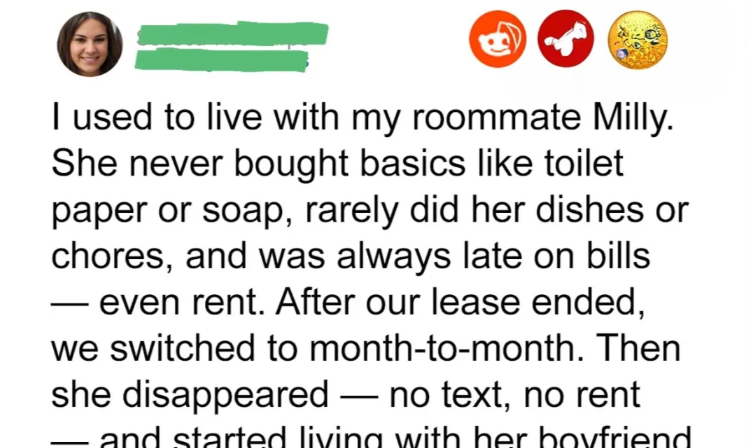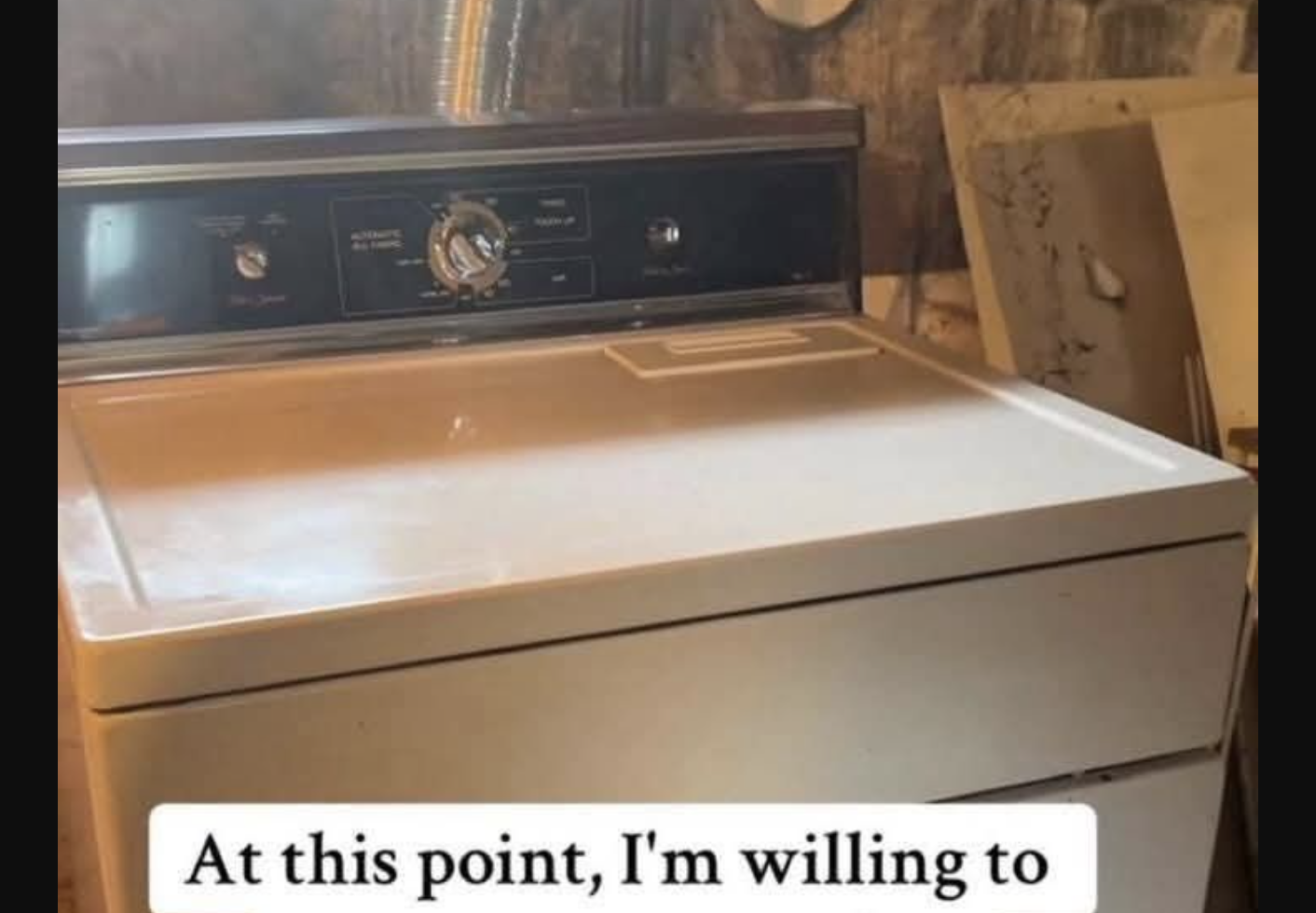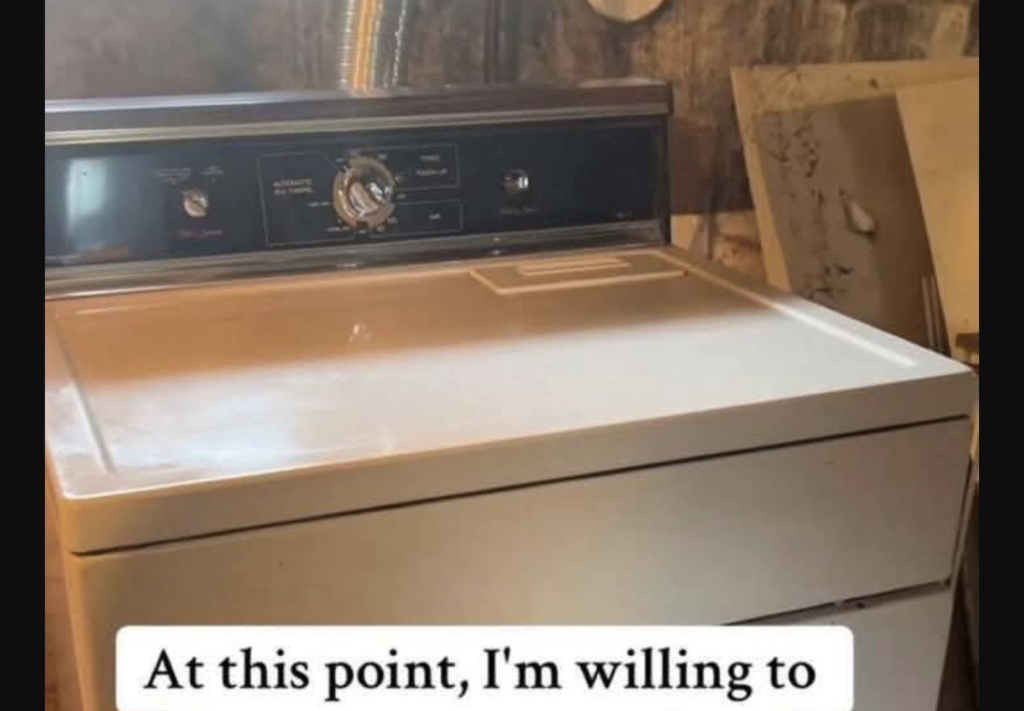When Milly left our apartment to move in with her boyfriend, she failed to contribute her share of the rent. I sent messages, made calls, and waited patiently—yet she ignored me as if I were invisible. Her possessions lingered in every corner of our shared space while I paid her portion of the bills. By July, my patience had worn thin.
With friends by my side, I packed up her items and informed the landlord of her departure. He promptly changed the locks, as she was no longer on the lease. I set aside anything that seemed sentimental, donated the rest, and restored my home to order. Then Milly returned, furious about her “missing” belongings.
She appeared at my doorstep, emotional and distraught, lamenting a wedding dress she claimed I had discarded. How could I have known an unmarked, dusty box beneath her bed held such value? She had vanished for two months, leaving me with no communication, yet expected her things to remain untouched. I stood resolute—calm, unwavering, finished.
She threatened police, legal action, and tears—an entire spectacle. I reminded her: I had warned her, documented every step, and even contacted her mother. She didn’t lose her belongings—she forfeited her place here by disappearing without a trace. I didn’t remove her. She removed herself. I simply formalized her choice.








